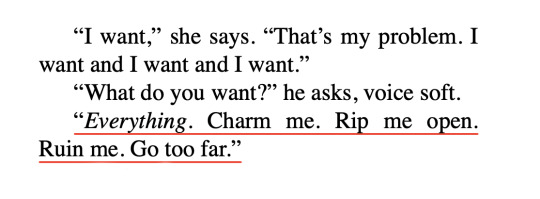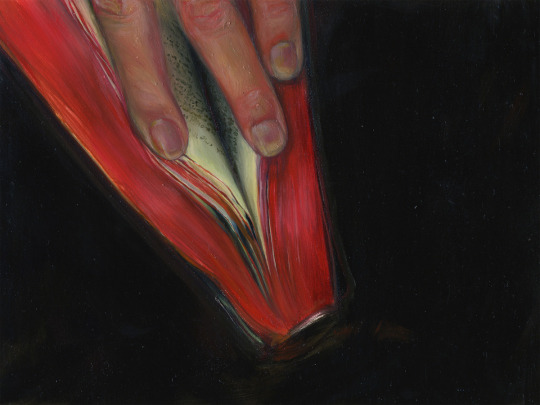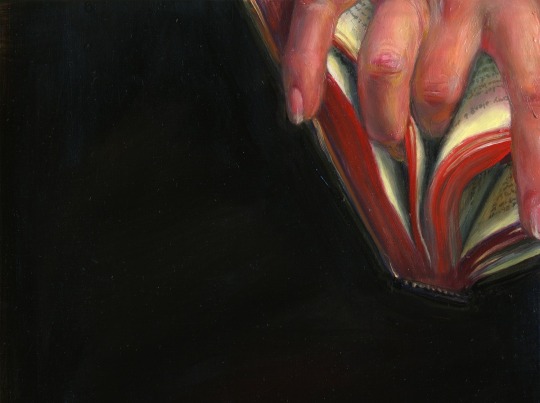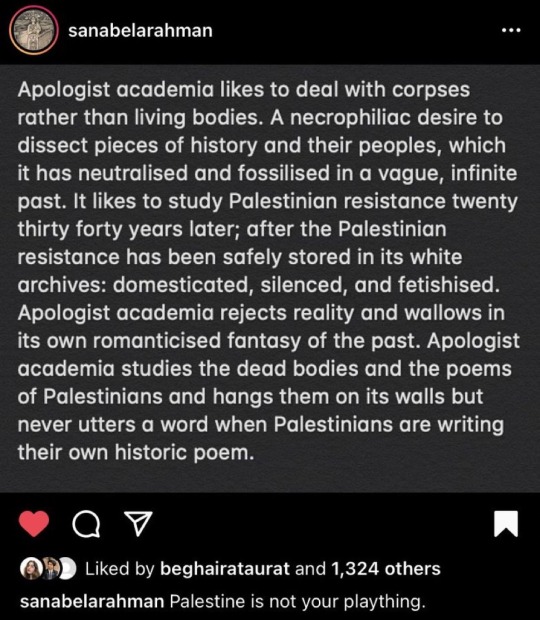Text
i would rather have yellow teeth and be able to enjoy wine and coffee freely. This principle applies to most pleasures in this world …
8K notes
·
View notes
Photo

Lori Gottlieb, Maybe You Should Talk to Someone: A Therapist, Her Therapist, and Our Lives Revealed
29K notes
·
View notes
Text
The first rule of tragedy is to be yourself. The second of rule of tragedy is to be literally anyone else. The third rule is that however much you try, there is no escaping being yourself forever.
33K notes
·
View notes
Text

Susan Sontag, from As Consciousness Is Harnessed to Flesh: Journals and Notebooks 1964-1980
15K notes
·
View notes
Text

Bianca Stone, from What Is Otherwise Infinite: Poems; “Set Design”
19K notes
·
View notes
Photo


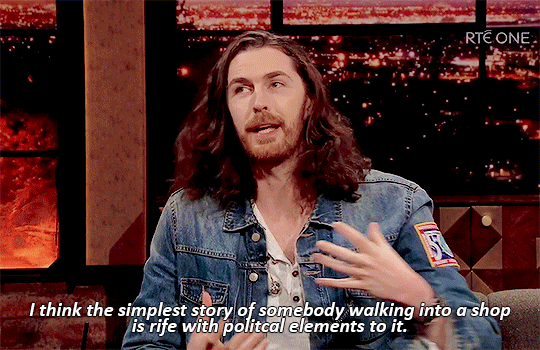

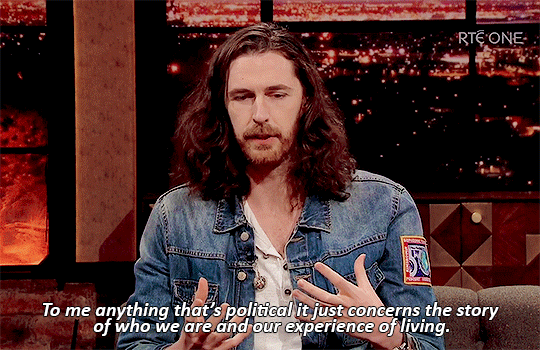
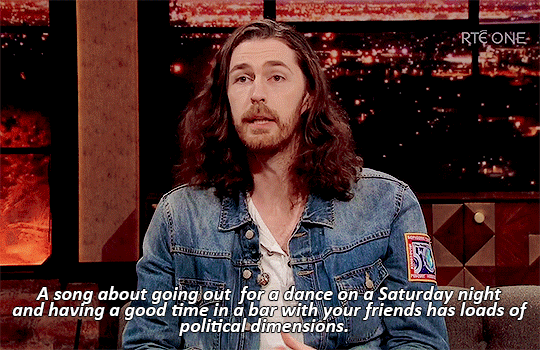


Do you write music with the view of being politically active and delivering a message or does it just happen and the rest follows?
96K notes
·
View notes
Text
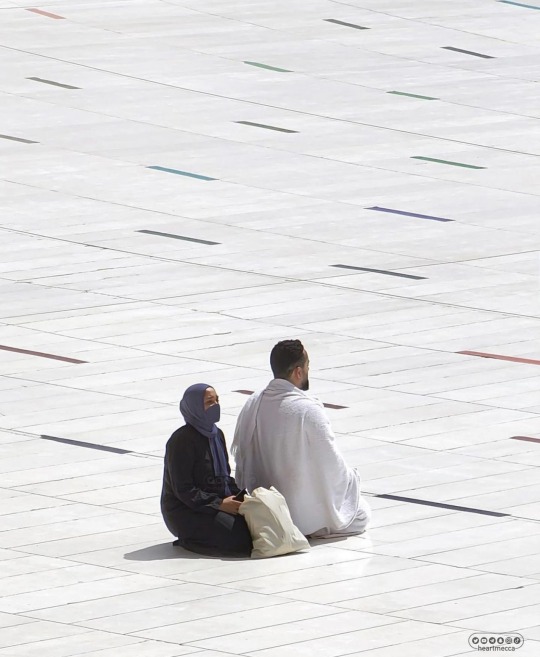
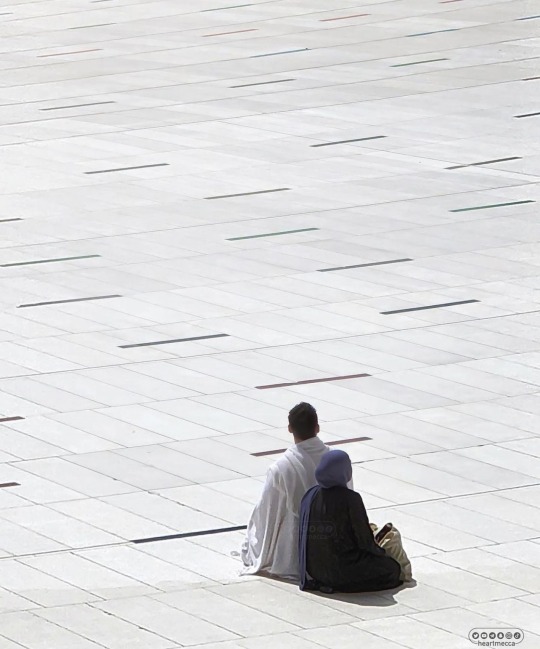
A woman using her husband's shadow to protect and shelter herself from the sun in Masijd al- Harām.
30K notes
·
View notes
Text
cannot stop saying "dude im always saying this" after a friend says the most highly specific never-before said sentence
55K notes
·
View notes
Text

Jeanette Winterson, from Weight: The Myth of Atlas and Heracles
11K notes
·
View notes
Text
Here is an old phrase I like: “The only way to the universal good is that we all become strangers to ourselves.” You imagine looking at yourself with a foreign gaze, through foreign eyes. I think this is something that could be the greatest thing in humanity. You are never really limited just to your own perspective. I don’t like the false identity politics of multiculturalism which says that “you are enclosed in your culture.” No, we have all this amazing capacity to be surprised, not by others, but by ourselves seeing how what we are doing is strange.
Slavoj Žižek, from Demanding the Impossible, 2004
95 notes
·
View notes
Text
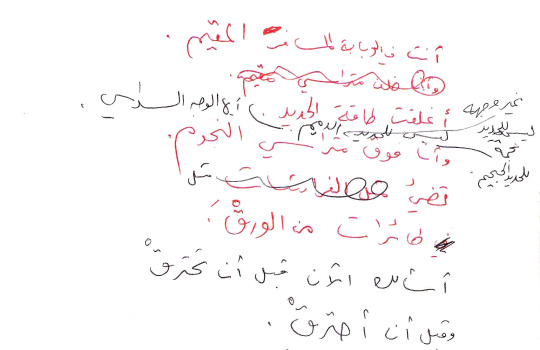
Lines from the original composition of “A letter to an Israeli soldier,” written by Muin Bseiso and Mahmoud Darwish as they sheltered during the Israeli siege of Beirut in 1982. Courtesy of the family of Muin Bseiso.
Moments of decolonization, in relation to the recalcitrant Palestinian case, have been occasions for jubilation. We may recall the scenes from southern Lebanon in May 2000, when the Israeli military finally withdrew from the region. Israel had been in Lebanon, with the help of its right-wing Lebanese adjuncts, since 1982, when it invaded to evict the Palestine Liberation Organization from their Beirut headquarters. That summer, the Israeli military laid siege to Beirut for more than two months, bombing the densely populated city and killing thousands. While many Lebanese died, Palestinians were the principal targets of the Israeli campaign.
Among those huddled beneath the bombs were Muin Bseiso and Mahmoud Darwish, two of Palestine’s most prominent poets. They would both later produce book-length accounts of the siege, but over the course of one evening that summer, they wrote a poem as one.
A letter to an Israeli soldier, is what they named their poem. In one stanza, the two poets address the “inhabitant of the tank.”
We write to you
Before a shell ignites us or ignites you
Here is a message of the last besieged to the last besieged
We write from a fragment you sent … to carry you
From the darkness of the “ghetto” to our bodies …
We write to you
Bseiso and Darwish ask:
Can one piss in a tank?
Can he read in the tank?
Can a person fly pigeons in a tank?
Can one fuck in a tank?
Or plant trees in the tank?
…
How long have you been in the claws of the tank?
How long have you been safe?
The poem enacts an incredible reversal: the poets, themselves confined to an apartment at the mercy of missiles and mortars, taunt the soldier besieging them. The Israeli soldier is confined by the steel that is meant to protect him. They write in their letter, “You are in a dungeon, behind bars.” Many of the poem’s stanza’s end simply with the refrain Hal anta fi aman?—meaning, Are you safe?
Meanwhile, the poets have their own refrain: our siege is long.
Our siege is long
We shall bake the stone
We shall knead the moon
We shall finish our journey
Upon this beautiful day
Our siege is long
From "Our Siege is Long," article by Esmat Elhalaby (published 27 October 2023)
229 notes
·
View notes
Text

Mahmoud Darwish, from “Mural”, Unfortunately, It Was Paradise: Selected Poems (tr. by Munir Akash & Carolyn Forché)
1K notes
·
View notes
